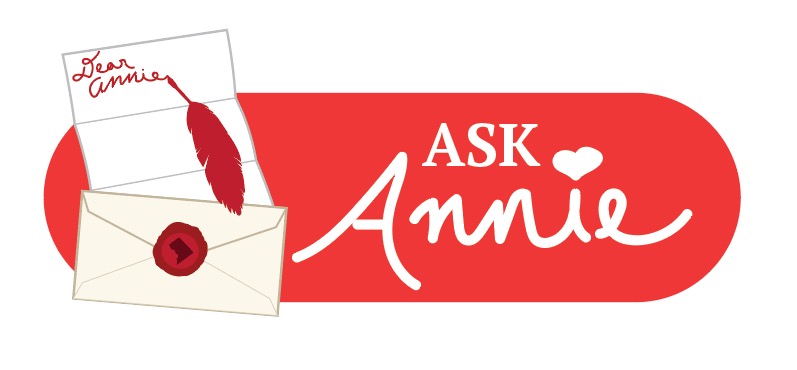Facing a problem yourself? Annie has answers. Ask away!

Graphic by Nicholas Anastácio
Dear Annie,
How do I swallow my pride and admit that I was wrong to be offended over being told something that felt harsh, but needed to be said?
Help please,
Remorseful Student
Dear Remorseful Student,
In “Pride and Prejudice,” when Mr. Darcy discourages his friend from marrying into heroine Elizabeth Bennet’s family because they lack “propriety,” Elizabeth is deeply offended. Eventually, however, she comes to realize there is some truth in Darcy’s criticism of her family’s reliability and goes on to mend their relationship … by marrying him.
I wouldn’t advise marrying your criticizer as a way of swallowing your pride (unless they have a sprawling estate like Darcy’s Pemberley). It’s a sign, however, that no reaction to offense is too deep to recover from. Swallowing your pride is not about apologizing for feeling offended. It’s about acknowledging the behavior that warranted criticism and, if necessary, apologizing for any meanness in your reaction.
Ask who called you out to have a conversation. Preferably, you should talk in person in a neutral space or over the phone, as tone and intention can be lost over text. If they don’t want to speak to you, you can resort to text.
Express explicit ownership over whatever you did to warrant criticism. Acknowledge you see the truth in their comments. Promise that you will be more conscious about avoiding that behavior going forward. Ask if there is anything you can do to help mend the wound, if any, in the relationship, besides being careful to avoid what they criticized.
While most of the conversation should focus on expressing remorse and ownership over your behavior, don’t ignore your feelings. Even though what they said was “needed,” it still “felt harsh.” It would be weird if someone you cared about said something “harsh” to you and you weren’t hurt.
During the conversation, you could admit that what they said was painful to hear. Keep this brief and objective, not presenting your feelings in a way that intentionally makes the other person feel bad. If you choose to add this to the conversation, do not let it distract from the purpose of expressing remorse.
Be done with the wrong after the conversation. You expressed remorse, owned your action and acknowledged your feelings. Try not to spend hours marinating in guilt or feeling like you have to make it up to that person. If you want the relationship to move forward, both parties will have to move on.
Nothing necessary is ever nice — whether it’s going to the doctor or hearing a criticism of your behavior. If literature’s “obstinate, headstrong girl” Elizabeth Bennet can overcome her pride, so can you.
Yours, etc.,
Annie




